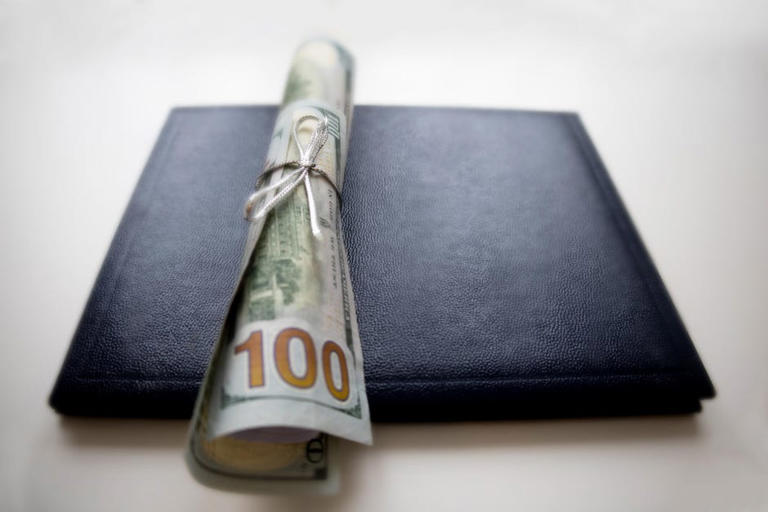
Student loan payments were suspended during the COVID-19 pandemic, but student payments resumed last month after the government declared the public health emergency officially over. Tolls started to rise earlier this year, on September 1 – meaning your debt has gone up before then.
Recurring payments are expected to cause additional hardship for some borrowers. In a survey by Karma Karma, 45% of borrowers are expected to default when payments continue. With many borrowers facing tough financial decisions this fall and some paying off for the first time, it’s important to understand all of the options when it comes to student loans.
When do my student loan payments start?
Although loan payments officially resume on October 1, 2023, your exact payment date depends on the provision of your loan, so check with your servicer for specific instructions. Whether you’re a student loan veteran or a first-time borrower, you need to know who your loan servicer is. Essentially, your loan servicer is the company that oversees your student loan payments and is the person you should talk to if you think you may be behind on your payments.
Even if you’re new to loans, it’s a good idea to seek the advice of loan experts when making decisions about your student loans. Arming yourself with good information helps in making decisions that can feel overwhelming.
What if I decide to default on my student loans?
There are time limits for what can happen if you decide not to repay your loans. It’s not pretty and has some serious consequences.
But before we get to that conclusion, let’s find out what happens if you default on your student loans.
First of all, defaulting on your loans can have the same consequences as credit card defaults. If you let your loan go into default or default on your student loan, your credit score can take a big hit.
Let’s say you stop making monthly loan payments. Your loan is foreclosed on the first day you miss a payment on the due date. According to the Federal Student Aid website, the money will be considered illegal until it is paid.
If you go into default on your loan and remain in arrears for 270 days, your loan will go into default. A default loan means that you can not pay back your loan as you agreed when you take out the loan. Your servicer simply won’t let you contact you without contacting you – they may have to make several attempts to contact you before your loan expires.
Once your loan is paid off, there are many consequences. The federal government is serious about refunds. The government can withhold your taxes or garnish your wages to pay off your debts. Salary garnishment means the government takes part of your monthly income to repay the loan. If you let your loan default, your credit score will also take a big hit.
Many of these negative consequences for loan borrowers are temporarily delayed during the “one-year march” to resume repayment.
Read About- Canada reforms its International Student Admission Process- Insider 2023
How much is the annual payment for student loan repayments?
When President Joe Biden announced the end of the loan moratorium, he created a one-year deadline that would reduce or eliminate many of the negative consequences of defaulting on your student loans.
The settlement is a 1224-month period beginning on October 1 and ending on September 30, 2024. Failure to pay your student loans this year will have the most severe consequences. That means nothing bad about your credit score or anything that can happen if you borrow a loan.
However, borrowers who miss loan payments should proceed with caution. Just because the consequences of defaulting on your loan are fixed, it does not mean that your loan balance will not increase due to additional interest. While it may seem counter-intuitive to lose foreign currency, it really isn’t. Once the party is over, you’ll add to the interest you’ve collected throughout the year.
What if I can’t pay my student loans?
If you can’t pay your loans, the best course of action is to contact your lender and ask about adjusting your repayment plan.
Lenders may offer several options, such as deferment or forbearance. Each option allows you to temporarily postpone or reduce student loan payments.
By deferring, most of the loan balance will not earn interest. With patience, your loan balance will earn interest. Delay requires professional action such as being a student and entering 3rd grade
Read About- Biden approves $9 billion in student loan aid. Here’s what you need to know
